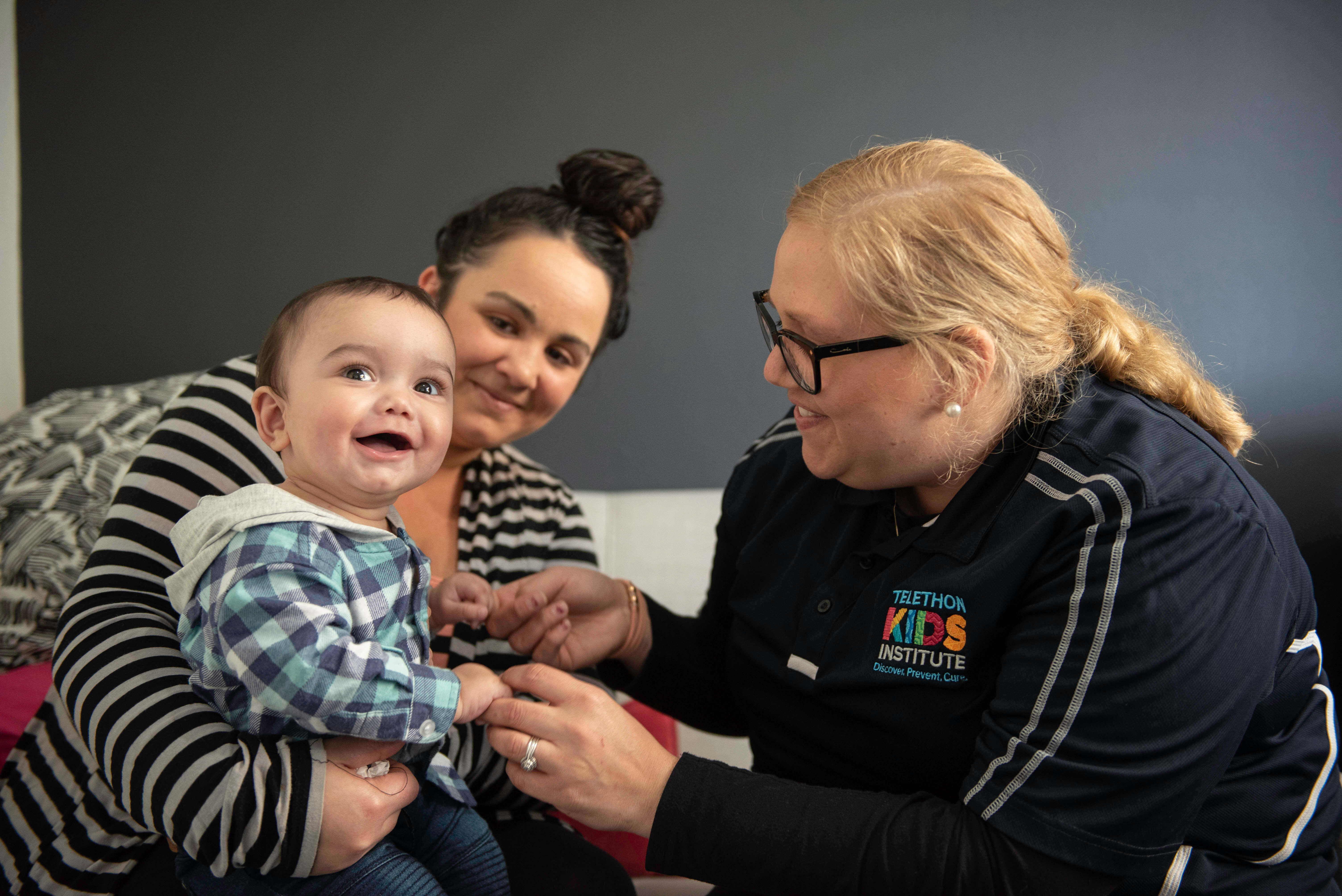Search
Showing results for "Au"
Research
Skin-Microbiome Assembly in Preterm Infants during the First Three Weeks of Life and Impact of Topical Coconut Oil ApplicationThe structure and function of infant skin is not fully developed until 34 weeks of gestation, and this immaturity is associated with risk of late-onset sepsis (LOS). Topical coconut oil improves preterm-infant skin integrity and may reduce LOS. However, data on early-life skin-microbiome succession and potential effects of emollient skin care in preterm infants are scarce.
Research
Invasive aspergillosis in adult patients in Australia and New Zealand: 2017–2020New and emerging risks for invasive aspergillosis (IA) bring the need for contemporary analyses of the epidemiology and outcomes of IA, in order to improve clinical practice.
Research
Potential immunological effects of gender-affirming hormone therapy in transgender people – an unexplored area of researchThere are well-described sex-based differences in how the immune system operates. In particular, cisgender (cis) females have a more easily activated immune system; associated with an increased prevalence of autoimmune diseases and adverse events following vaccinations. Conversely, cis males have a higher threshold for immune activation, and are more prone to certain infectious diseases, such as coronavirus disease (COVID-19).
Research
Mapping national, regional and local prevalence of hypertension and diabetes in Ethiopia using geospatial analysisThis study aimed to map the national, regional and local prevalence of hypertension and diabetes in Ethiopia.
Research
Survival of people with cystic fibrosis in AustraliaSurvival statistics, estimated using data from national cystic fibrosis (CF) registries, inform the CF community and monitor disease progression. This study aimed to estimate survival among people with CF in Australia and to identify factors associated with survival.
Research
Predicting NSSI among trans young people: the role of transphobic experiences, body image, and gender dysphoriaNon-suicidal self-injury (NSSI) is particularly common among trans young people. NSSI is most commonly used as an emotion regulation strategy, which may explain the high prevalence of the behavior among trans young people, who often experience unique stressors. In the current study we test an application of the Pantheoretical Framework of Dehumanization, in which transphobic experiences, body surveillance, body dissatisfaction, and gender dysphoria are all theorized to predict NSSI.

News & Events
Wesfarmers tops 2019 GivingLarge ReportThe major funder of the Wesfarmers Centre of Vaccines and Infectious Diseases based at The Kids Research Institute Australia has been recognised as Australia’s most generous giver.

News & Events
ORIGINS features in ABCs Four Corners alongside Dr Norman SwanThe episode investigates the alarming rise in early-onset adult cancers and the research efforts to understand why and what Australia can do the reduce its diagnoses.
The Opportunity The Oncogenic Signalling Laboratory is a collaborative group composed of clinical and lab-based researchers focused on the goal of
aboriginal research assistant child health ear
